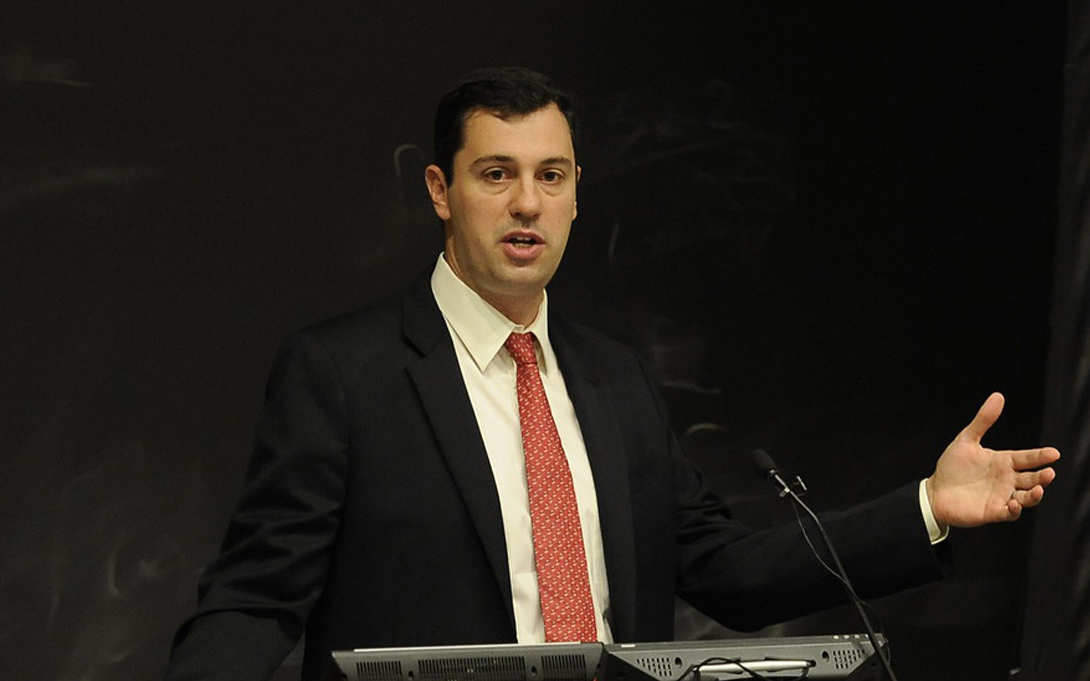
Yesterday, Cambodia held its first commune elections since 2013, when the ruling Cambodian People’s Party (CPP) retained power in spite of a robust challenge from the opposition Cambodia National Rescue Party (CNRP). After the 2013 elections, demonstrators alleged that the CPP had engaged in election fraud, and demanded an inquiry. As such, many have been watching Cambodia's commune elections for an indication of what might occur during the country's next national election in 2018.
On June 1, the National Bureau of Asian Research (NBR) interviewed John Ciorciari about the political climate going into Cambodia’s 2017 commune elections, the state of U.S.-Cambodia relations in the Trump administration, and more. Of the former, Ciorciari spoke about the CPP’s use of intimidation measures to silence political opponents. Of the latter, Ciorciari described signals that indicate the likely withdrawal of U.S. engagement in Cambodia.
Read the NBR interview with Ciorciari for his candid thoughts on what to look for in Cambodia’s commune elections and how to measure the opposition party’s success.
“In my view,” said Ciorciari of future U-S.-Cambodia relations, “the importance of Cambodia to U.S. foreign policy is something that doesn’t happen naturally. U.S. leaders, both in Congress and in the executive branch, need to be intentional in keeping Cambodia on the agenda.”
John Ciorciari is director of the Ford School’s International Policy Center. His interests include international law, politics, and international finance, and his current research projects focus primarily on the Asia-Pacific region, examining foreign policy strategies, human rights, and the reform of international economic institutions. He is the author of Hybrid Justice: The Extraordinary Chambers in the Courts of Cambodia,